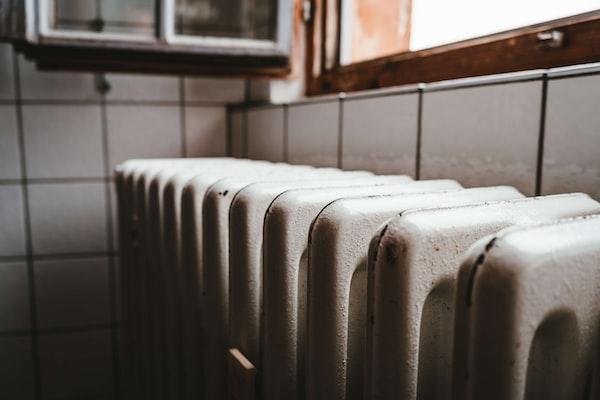Table of Contents
Are you trying to decide between oil and gas heat for your home? It can be a tough decision to make, as both types of heating have advantages and disadvantages. This article will compare oil and gas heating systems to help you make the best choice for your home. Keep reading to learn more about the difference between oil heating vs. gas heating.
The Energy Efficiency
When it comes to home heating, homeowners have a variety of options to choose from, including oil and gas heating systems. Each type of heating has its own advantages and disadvantages, so it is important to weigh the pros and cons of each before deciding which type of heating is best for your home. One of the most important considerations when deciding between oil and gas is energy efficiency. When it comes to energy efficiency, gas heating is generally more efficient than oil heating. Gas systems typically have an efficiency rating of 80%, which means that 80% of the energy produced is used to heat the home. On the other hand, oil heating systems typically have an efficiency rating of only 60%, meaning that only 60% of the energy produced is used to heat the home. This means that gas systems are much more efficient than oil heating systems, making them a better choice if you are looking to save energy.
The Maintenance Requirements
Oil heating systems require regular maintenance to ensure their efficiency and safety. The oil needs to be changed at least once a year, and the filters should be replaced periodically. The burner needs to be serviced at least once a year to make sure it is running properly and efficiently. The oil tank should also be inspected annually to check for any signs of corrosion or leakage. Gas systems require less maintenance than oil systems. The main maintenance required is to make sure the gas lines are properly connected and that there are no leaks. The furnace should also be inspected annually to ensure it is working properly and efficiently. The air filters should also be changed regularly to maintain good air quality.
The Costs
When it comes to cost, it is important to consider both the upfront and ongoing costs associated with each type of heating system. Upfront costs include installation, maintenance, and possible storage tank fees. Ongoing costs include fuel prices and any other costs associated with running the system. Oil heating can be more expensive than gas heating as the cost of oil can fluctuate. Oil prices can vary from month to month and region to region, so you should do your research and compare prices before making any decisions. The installation of oil heating can also be more expensive than gas systems, as the oil tanks need to be buried and a number of other factors must be considered.
The Environmental Impact
When considering the environmental impact of oil and gas systems, it is important to look at both the energy efficiency and the emissions they produce. Energy efficiency is important because it determines the amount of energy that is necessary to heat your home. The less energy is needed, the fewer emissions will be released into the atmosphere. In terms of energy efficiency, oil systems are generally more efficient than gas systems. Oil can be heated more quickly than gas, so it requires less energy to achieve the same temperature. This means that fewer emissions are released into the atmosphere as a result. When it comes to emissions, however, gas systems tend to produce fewer than oil systems. Natural gas is a cleaner burning fuel than oil and therefore produces fewer emissions. This is especially true when it comes to carbon dioxide, the main driver of climate change. In fact, natural gas produces about half the carbon dioxide emissions of oil.
Overall, comparing oil vs. gas heating is important for making an informed decision about which type of heating is the best solution for one’s home. Oil provides more options when it comes to fuel types, is easier to maintain, and is generally less expensive. Gas, on the other hand, is more efficient, offers greater control over temperatures, and is more environmentally friendly. Ultimately, the choice should be based on one’s unique needs, budget, and lifestyle.

